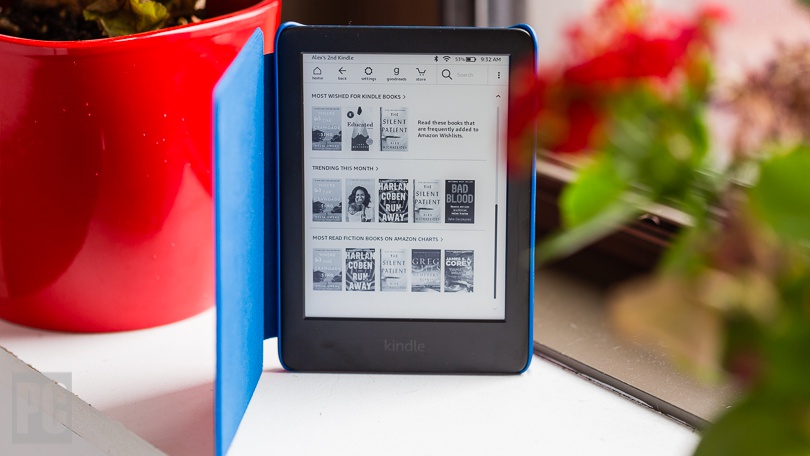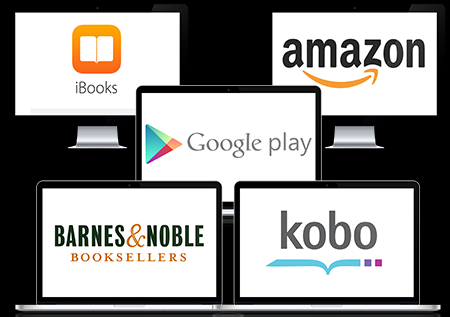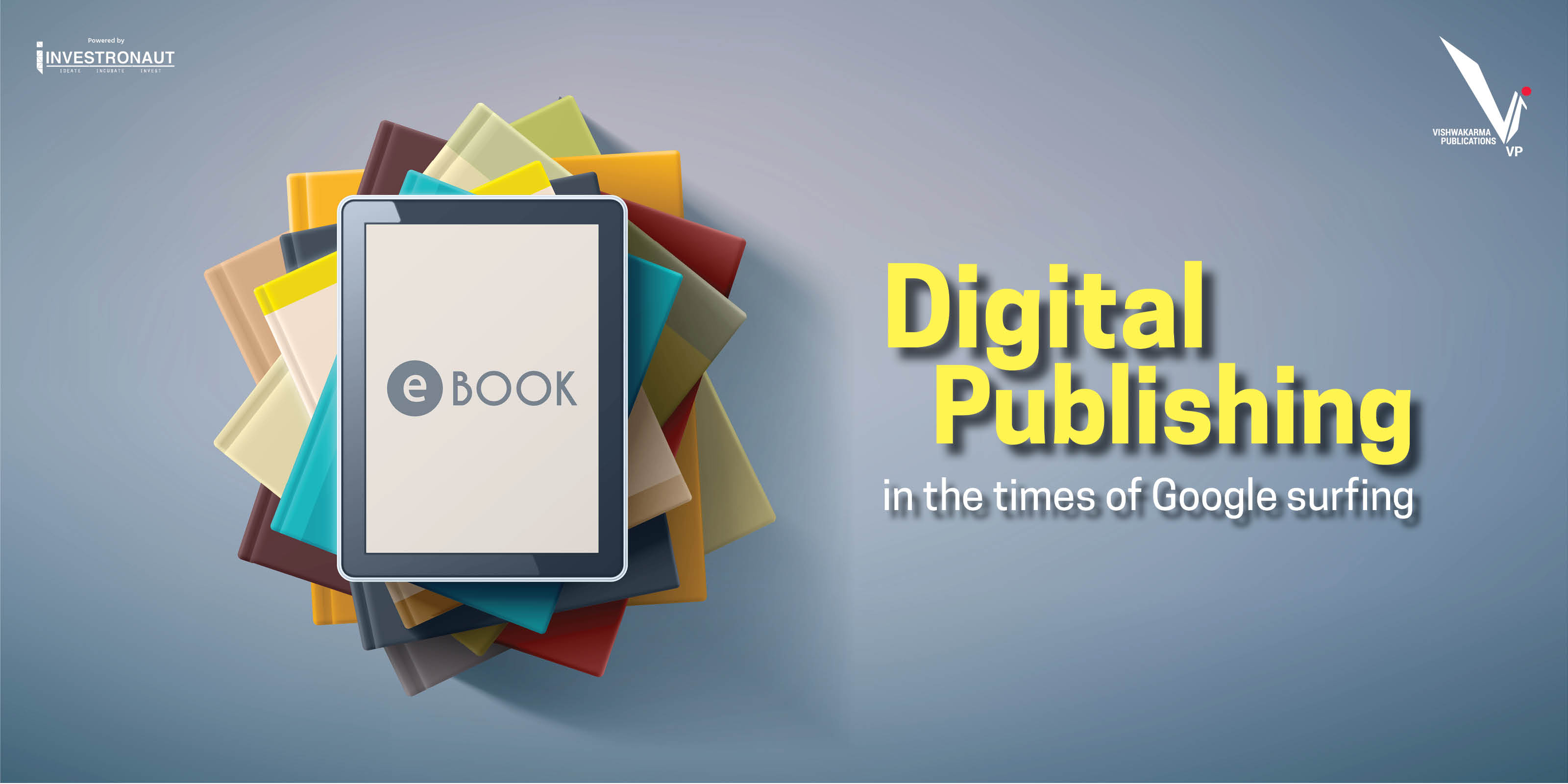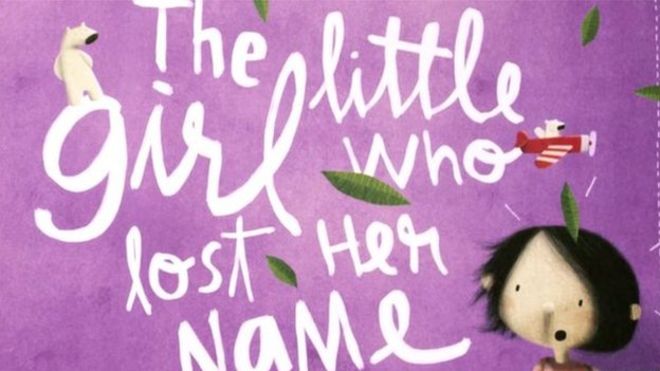One reason is the nature of book rights, according to Bill Rosenblatt, founder of GiantSteps Media Technology Strategies, a media and content consulting firm. Unlike song rights, self-published book rights are typically held by the individual writer, which makes negotiations difficult. The five major publishing houses aren't interested in joining an Amazon-led initiative at this point, Rosenblatt added.
Another reason is the nature of an all-you-can-read pricing model. Most readers don't buy all that many books in a given year, says Richard Nash, a New York-based publishing consultant and coach. The clear advantage a music streaming service like Spotify has, in eliminating the need to buy a song every three minutes, is not so clear with a product you might buy 10 or 15 of in a given year.
Even so, Kindle Unlimited offers Amazon several advantages over selling by title.
Revenue is steadier. It is easier to convince readers to try new books when subscribers perceive they are making a free choice. And, the company locks in a self-selected group of voracious readers with Kindle Unlimited.
Many of Kindle's self-published books are in the fiction genre, mostly mysteries or romances. These parts of the book market have fans who know what kind of stories they like to read and writers who know how to deliver that specific story, whether it's a Regency romance or a cozy English mystery.
But Jane Friedman, editor of The Hot Sheet, an industry newsletter based in Charlottesville, Va., sees Kindle Unlimited primarily as a way for Amazon to sell and market its own books, she said.
Amazon publishes roughly 1,000 books a year under its own imprints, making it as large as one of the five major publishers -- but they approach it differently. It's data-driven; it's not driven by the instincts of an editor, she said.
Kindle Unlimited is designed to show not only which books readers choose, but also which ones they stick with all the way through. Self-published authors and authors commissioned by Amazon's imprints who enroll their titles in Kindle Unlimited are compensated per page read, based on their share of a pool of subscribers' revenue. This gives Amazon unprecedented insight into how and what subscribers read. Such an enormous pool of detailed data about readers did not exist before.
More changes to publishing practices ahead
Ultimately, the window into reader behavior that Kindle Unlimited provides may be Amazon's biggest impact on publishing. This insight replaces the traditional gatekeepers -- agents, editors, reviewers -- with a more market-driven approach in which stories that are catching on are adopted and nurtured by Amazon. Think of it as Moneyball for manuscripts.
Kindle Unlimited enables Amazon to make relatively inexpensive, data-driven decisions about what to acquire, Nash said.
This might sound like science fiction but it's already an established publishing practice in China, where most successful writers are discovered on online platforms, after work they post begins to develop a following.
In China, now we have two major models, said Daikon Wang, a writer. The first model is to write novels in websites like Jinjiang or Qidian, and if the novels become popular, then movie companies will reach out to you or to the websites. Secondly, some big companies, like Tencent, own complete industrial chains. You sign up with the big company, then they will popularize your novel, adapt it to comic, television, cartoon, movie, game … almost everything, she said.
Now a third model is coming, she adds. Big companies hire writers to write novels, but the copyrights don't belong to the writers. Instead, they become the properties of the big companies.




.jpg)






.jpg)

.jpg)
.jpg)
.jpg)
.jpg)

.jpg)










Sorry! No comment found for this post.